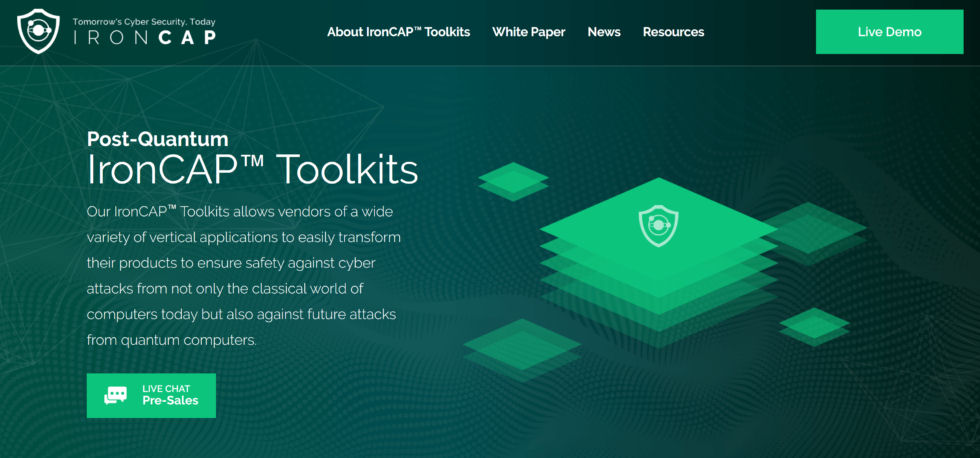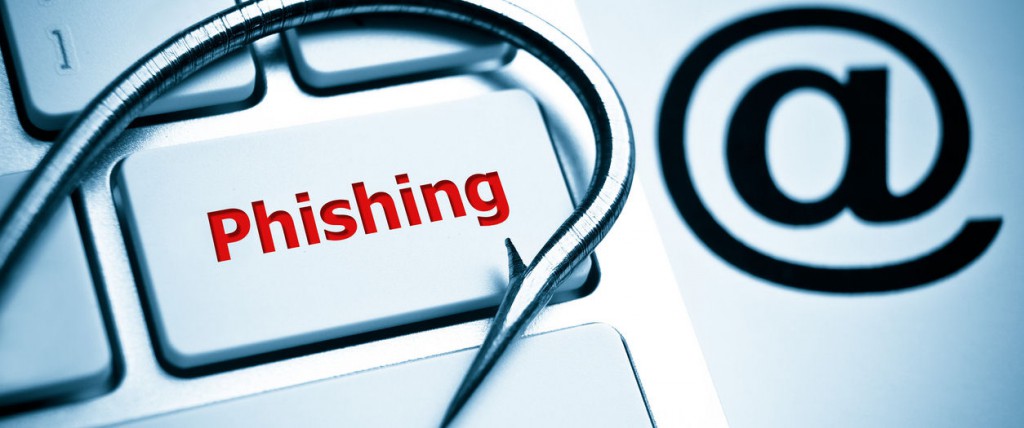
#Tourbillon, a new project to improve cyber resiliency, scalability, & privacy as a prototype CBDC.
The project has been launched by BIS Innovation Hub’s Swiss Centre and the goal is for the prototype to be finished by mid-2023, and BIS states results will be relevant to both wholesale and retail CBDC.
“To achieve cyber resiliency the project will be experimenting with #quantum-resistant #cryptography. For scalability the project will use an architecture compatible with distributed ledger technology, although not based on it. By making each transaction separate, the system resources scale linearly. The project seeks to verify the linear scalability of the design with realistic parameters.” FinExtra News reported.
Tourbillon aims to create privacy by providing it for the payment sender but not for the recipient. Regulatory and compliance checks will continue to apply.
Central bank digital currency (CBDC) is money that a central bank, like the Bank of England, can produce. It’s called digital (or electronic) because it isn’t physical money like notes and coins. It is in the form of an amount on a computer or similar device. A CBDC is different from cryptocurrency (also known as cryptoassets). Cryptocurrencies are NOT issued by a central bank. A CBDC is simply digital fiat, whereas cryptocurrencies are digital assets on a decentralised network.
Many countries are developing CBDCs, and some have even implemented them!
You need to act now!
We at IronCAP™ have been trying to educate businesses and individuals that Q-day (the day the first quantum hack is publicly recognized) is around the corner and everybody needs to gear up. Nation states and governments are already at it, how about you? To learn more, visit www.ironcap.ca.
IronCAP™ is our latest innovation for the post-quantum cybersecurity. This patent-protected, post-quantum cryptographic system is based on the Goppa Code-based cryptographic technology. It has embedded our proprietary subclass of (L, G) making it not only more secured but also has faster cryptographic operations (key generation, encryption, decryption) than the traditional Goppa Code-based technology (McEliece). We are offering a live demonstration for the general public to try and experience the strength of IronCAP™ post-quantum encryption easily. To learn more, visit www.ironcap.ca.


